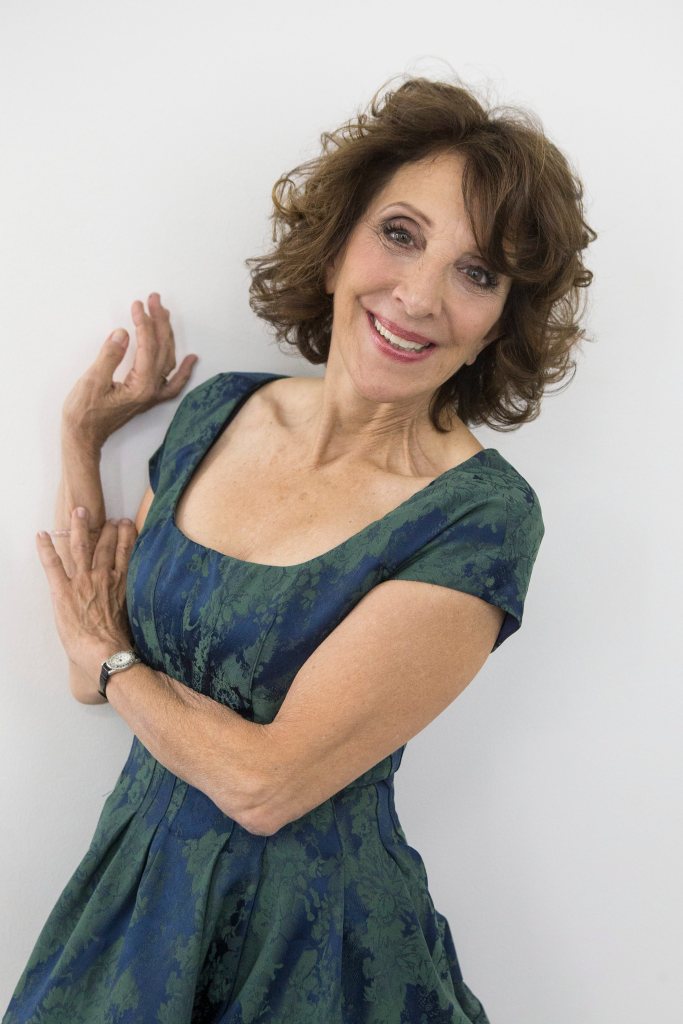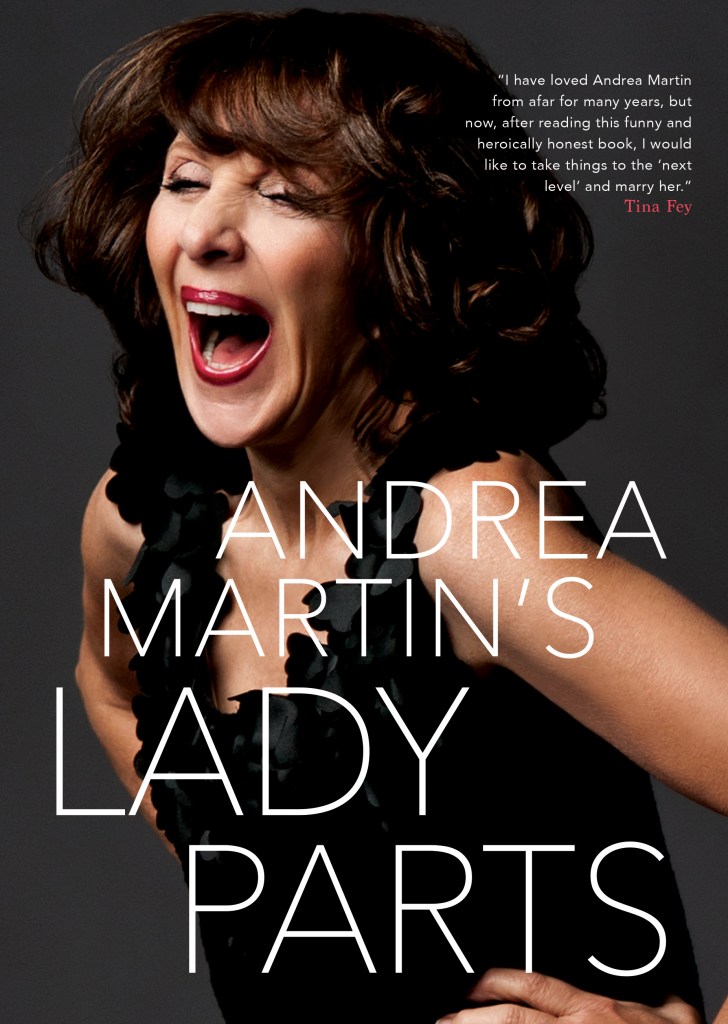NEW YORK — Here’s a tip for the next time you bump into Andrea Martin: Don’t forget to spit out your gum.
It turns out she suffers from misophonia — the dislike of small, irritating common noises, such as magazine pages turning or water dripping. Or gum chewing. But she’s way too polite to be nasty about it.
The Tony- and Emmy-winning comedian reveals that and plenty more in her book “Andrea Martin’s Lady Parts,” a series of essays that discuss her childhood, her career and a slightly mad devotion to her hairdresser.
Among the other revelations: She battled bulimia. She’s scared of heights. She had a 28-year-old lover when she was 57. She keeps tubes of makeup forever. And there’s one truly shocking confession: She’s not Canadian. Martin was born in Portland, Maine, and fell in love with Canada during a visit in 1970.
In her book, Martin, 67, talks about being on “SCTV” alongside the likes of Eugene Levy, John Candy and Catherine O’Hara, and what it was like to be in “Pippin” on Broadway. (Fans on the West Coast will be able to see her next month when she visits her two sons and joins the Los Angeles and San Francisco legs of the tour).
Q: You come clean about not being Canadian in this book?
Martin: I do! I actually feel like I have the personality of a Canadian, which is self-effacing and apologetic. I guess maybe that’s why I fit in there. I never meant to lie. People with television sets propelled me into the lie. I kept it going.
Q: It’s less a memoir than a collection of stories, right?
Martin: They said explicitly, ‘We don’t want a memoir.’ That was a relief because I couldn’t remember even my middle name so I can’t possibly write a memoir. But I can write about squirrels in my attic because that happened five minutes ago.
Q: Was there anything that was hard to write?
Martin: Yes, the piece on bulimia. I started writing it and it poured out of me. I wouldn’t be able to talk about myself without addressing that because it was such a big part of my life. Really, it was for my sons. I thought, ‘How could I possibly be hypocritical in my desire for them to be authentic when I can’t be?’
Q: How did they take it?
Martin: Before it went to print, I sent them the manuscript and I said, ‘There are going to be two things in this book that I’m uncomfortable with and if you’re uncomfortable with them, they’re not going in the book.’ One was the story of the 28-year-old boy that I dated and the other was the story of bulimia. And they said, ‘Mom, we’re so proud of you. It really sounds like you and, of course, we won’t be upset. This is you.’
Q: In “Pippin,” you attacked a trapeze like a trained acrobat. Did you astonish yourself by what you could do?
Martin: I think it’s great to surprise yourself all the time, but that’s not what fueled me. Really what fueled me was the pure joy of being in a circus ensemble, something I’d dreamed of all my life. I’ve always been fascinated by the darker side of the circus — the sideshows, the world that Federico Fellini creates. I studied mime in Paris, for god’s sake! I was just so joyful that I got to live out a fantasy.
Q: One chapter you seem to have had the hardest time writing was about “SCTV.” Why?
Martin: My biggest barrier was my sense of responsibility to my cast mates. I wanted to represent them in a truthful way. And part of me wanted to keep it private. It was such a unique time. We were on our own, underground, creating 17 hours a day in these studios in Edmonton. We relied on one another and it almost felt like an intrusion to now welcome other groups of people in. I wanted to keep it special.
Q: Writing this whole book was hard for you, wasn’t it?
Martin: Writing is the hardest thing — it’s definitely harder than learning the trapeze. This book took a long time because every time I wrote a story I had to stand up and say it out loud so I could hear it. Then I could tell if it was funny or dishonest. It’s impossible to be dishonest when you get up and you read something.
Q: How has comedy changed over the years?
Martin: It seems to me what’s shifted a little bit is that in the past the material relied more on jokes or one-liners. Comedy now is about one’s own unique voice. So it’s less about jokes and more about your personal observations are on life — and they don’t necessarily have to have punch-lines.
Send questions/comments to the editors.




Comments are no longer available on this story